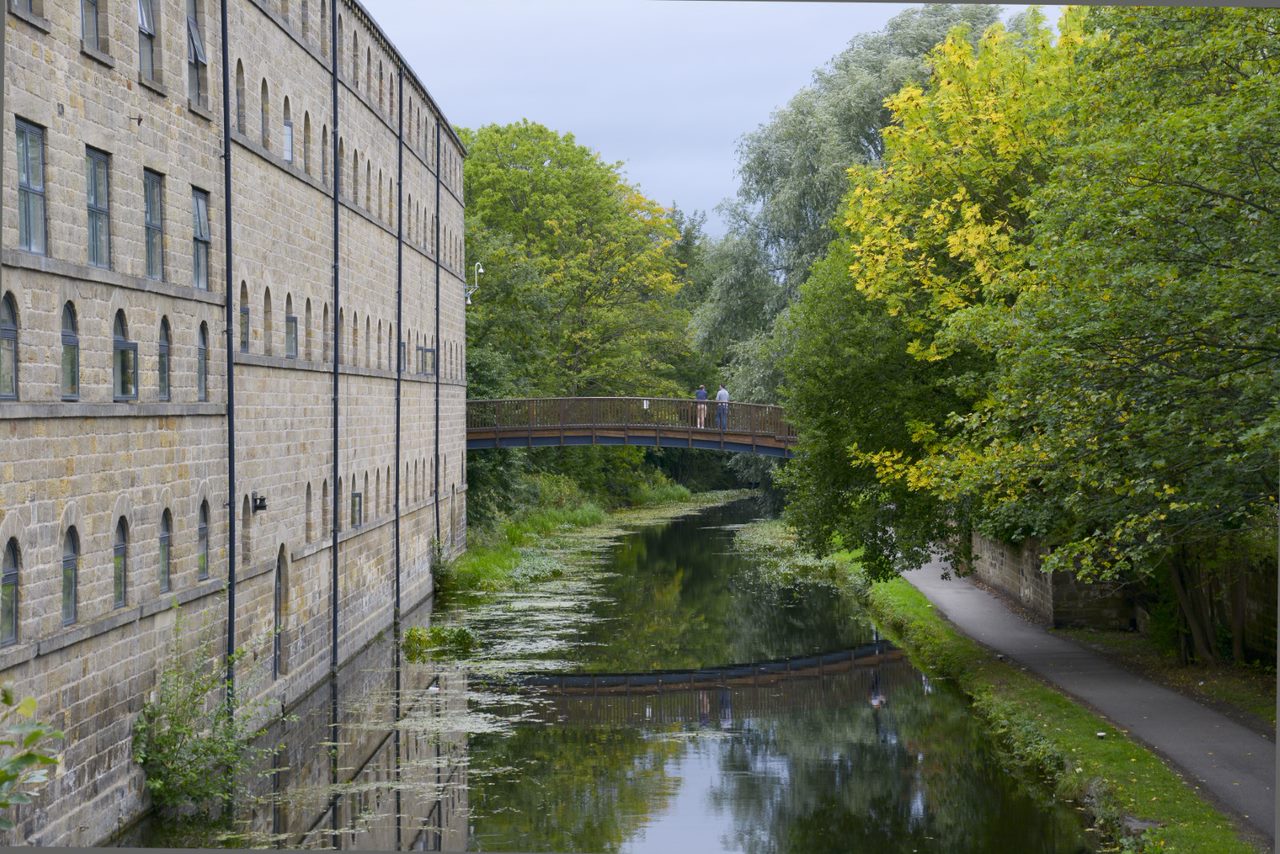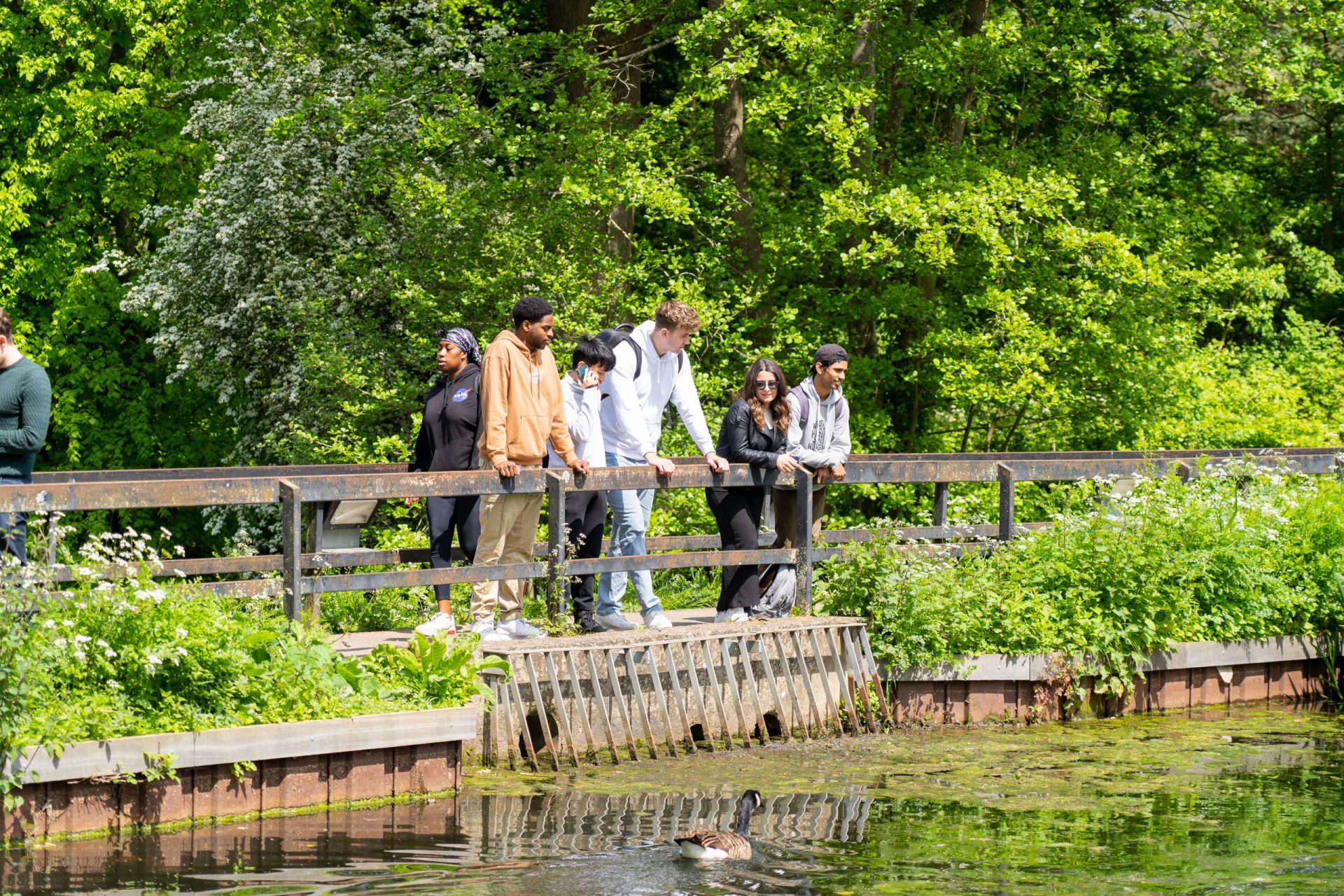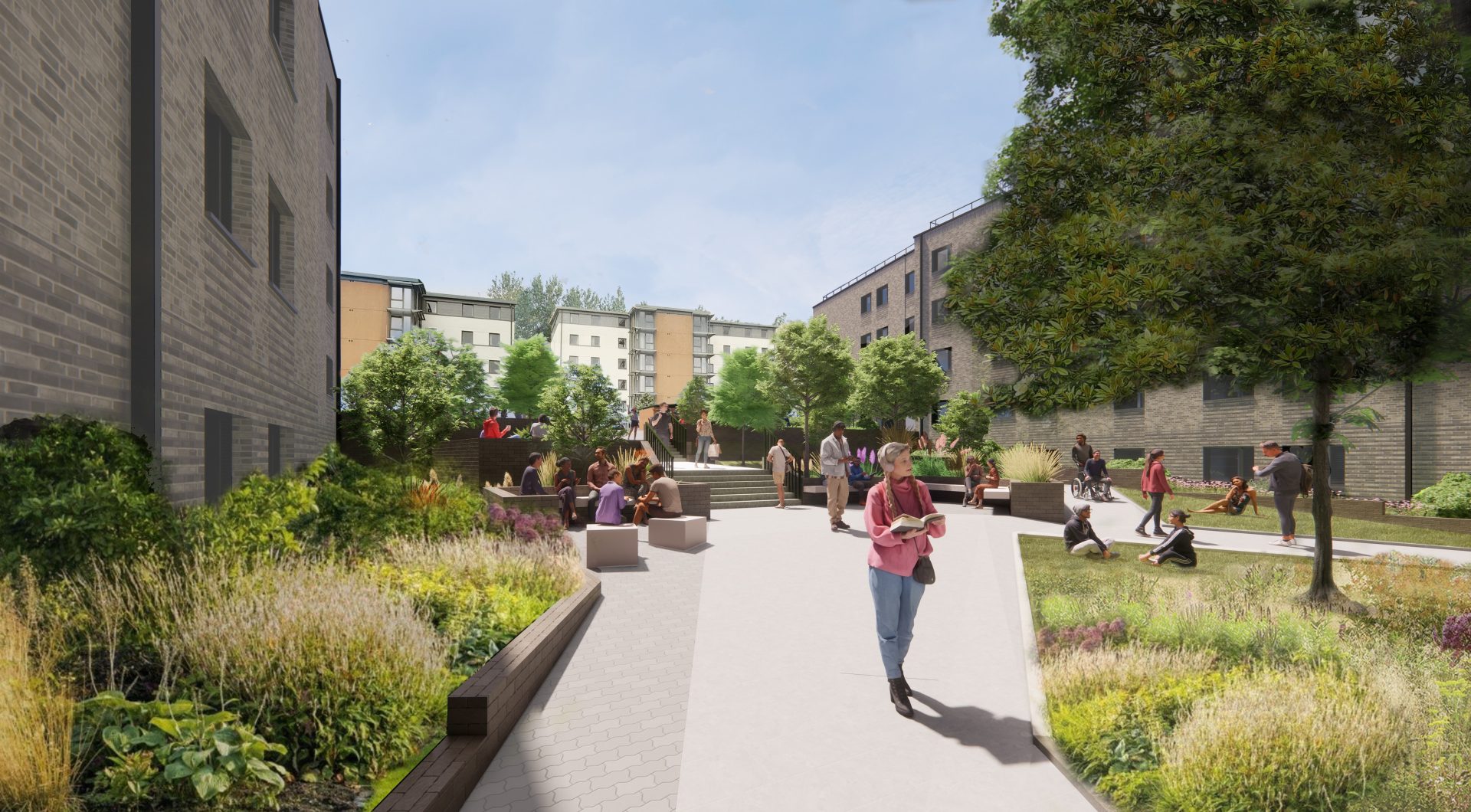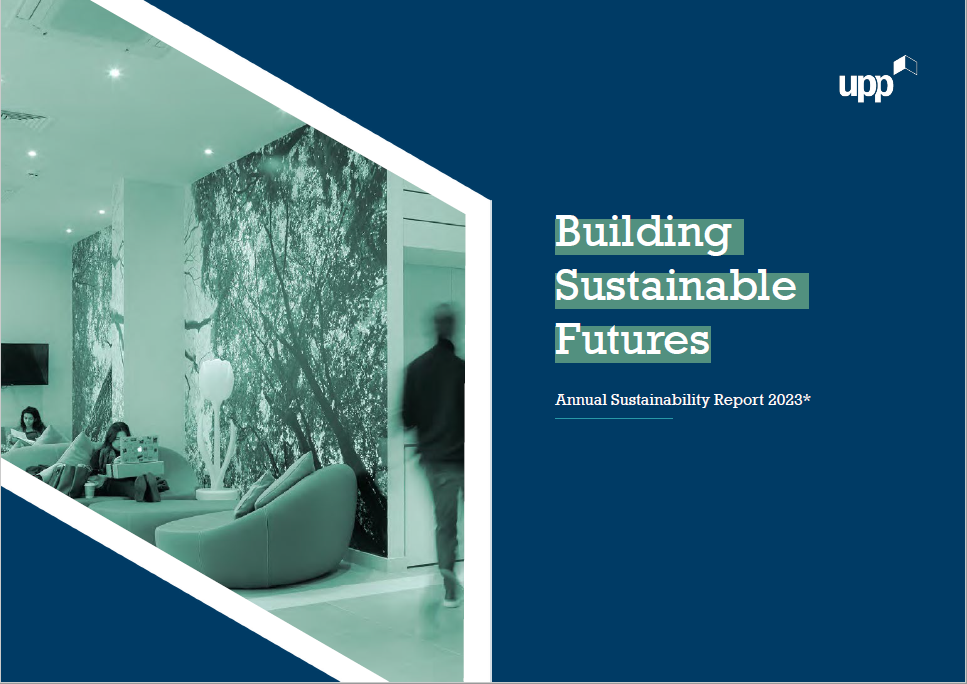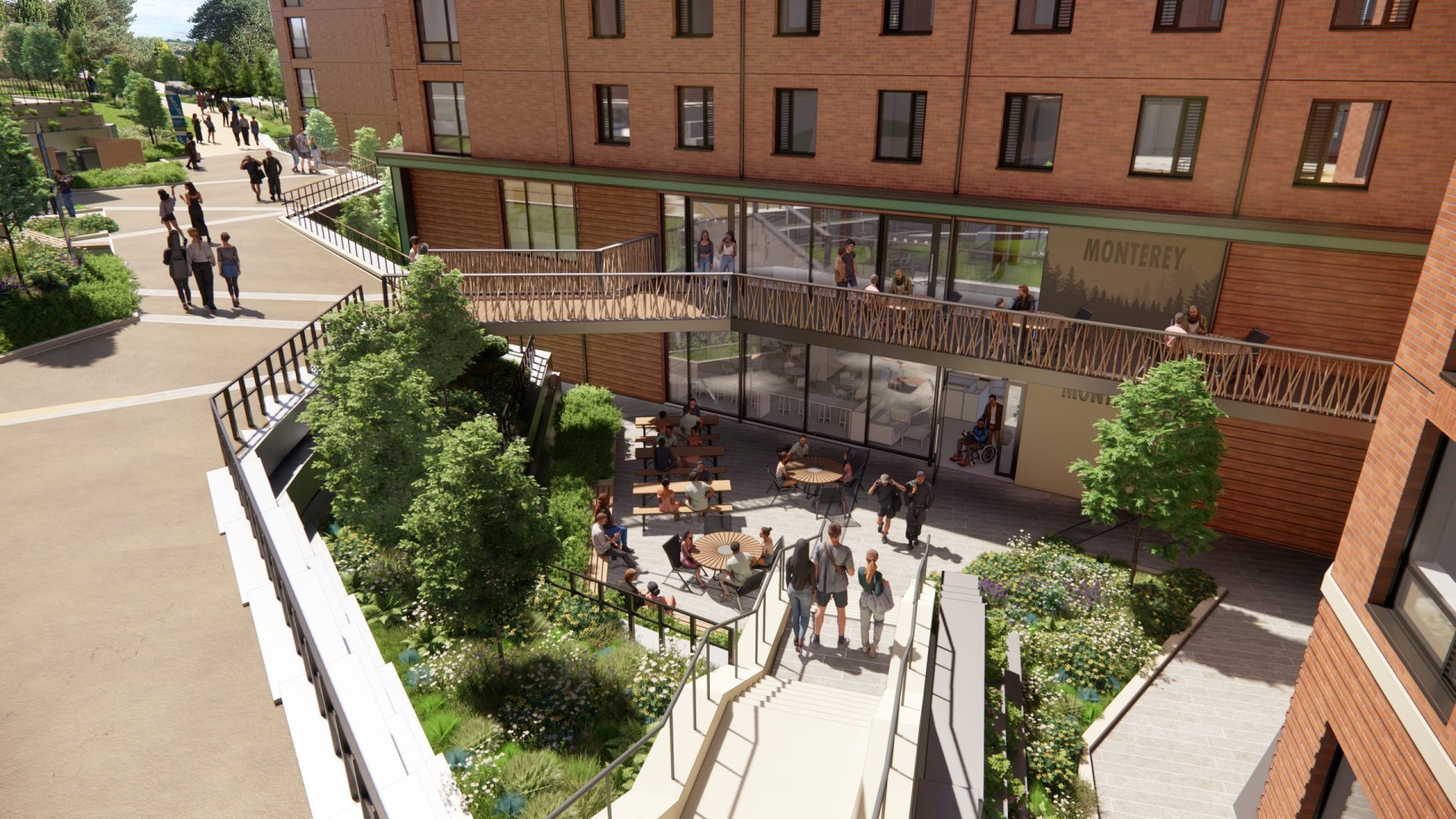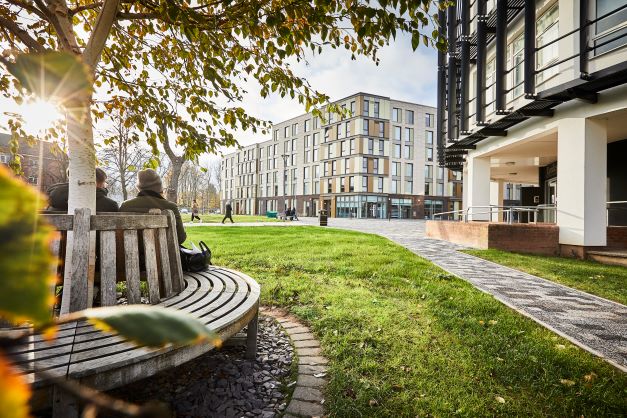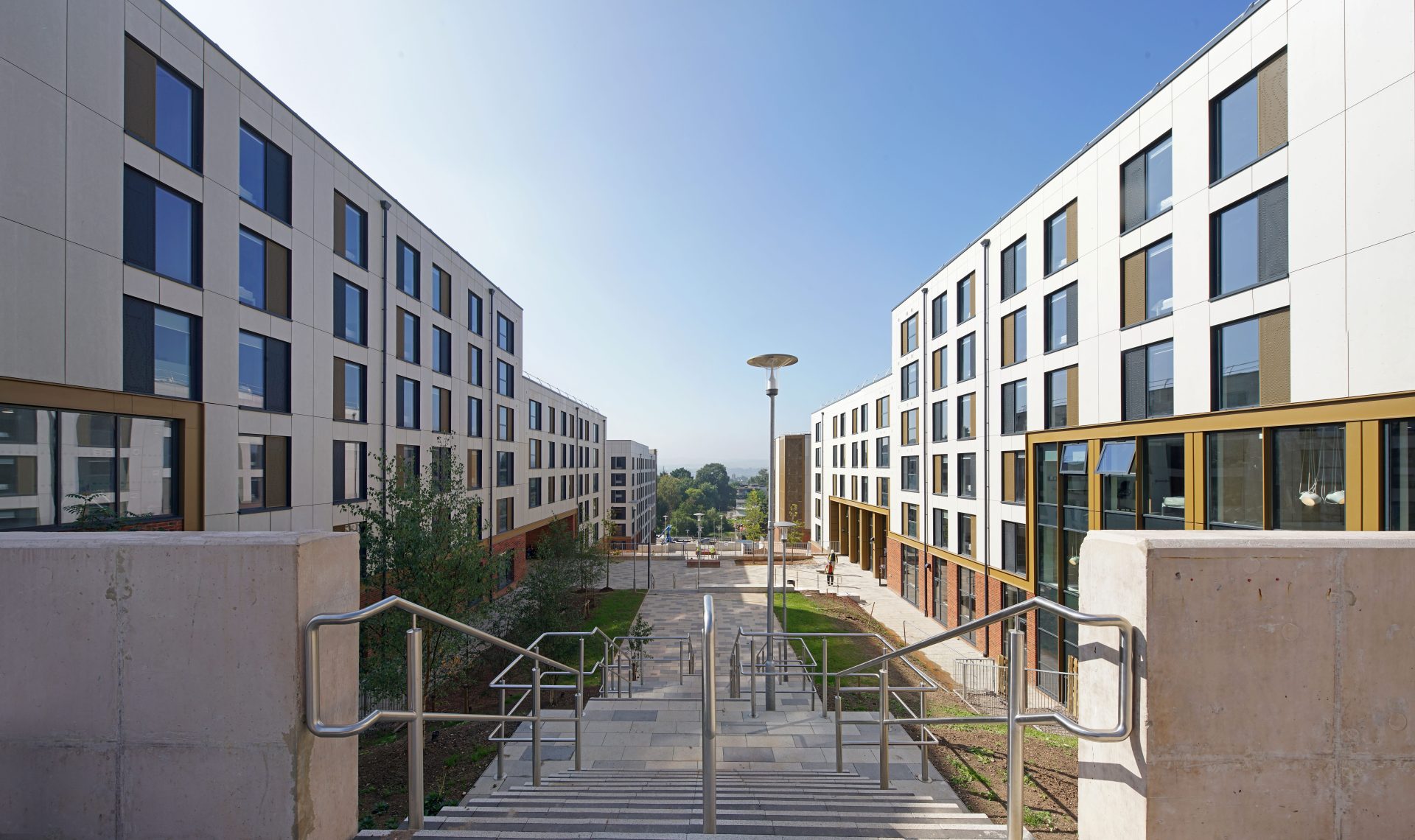People in many of England’s cities are hugely proud of their local universities and believe they bring real benefits to their community, according to a new YouGov poll for the UPP Foundation.
While an average of 58% respondents in 10 major cities said they were “proud” of their local universities, just 7% said they were “not proud”. On average across the 10 cities, just 28% said they were “indifferent” to their local universities.
But the poll also reveals wide variations between cities and between different social classes on the amount of engagement local people have with their universities.
The survey – which measured the views of people in ten English cities towards their local universities – suggests that, despite a recent blizzard of negative media coverage about higher education including high pay for Vice-Chancellors, student value-for-money and strikes, England’s civic universities are still seen as a vital part of the local community.
Asked what they thought the main benefit of their local university was on other people, by far the most common answer in seven out of the 10 cities was “innovative research being carried out locally”.
Asked about the main responsibility of their local university, education topped the poll – with respondents in eight out 10 cities surveyed saying the most important job of local universities was to inspire children to think about their future and to stay in education.
That figure may add fresh impetus to government hopes to encourage universities to establish or sponsor schools.
On the whole, less-affluent respondents were less engaged than their better-off fellow-citizens. Only 19% of social group ABC1 respondents had never visited their local university, on average across the 10 cities. For social group C2DE that figure was much higher, with 30% of respondents on average across the 10 cities never having visited a local campus.
Engagement was also markedly higher for universities in the biggest metropolitan cities. Respondents in the smaller cities surveyed were much more likely to answer “none” or “don’t know” when presented with a list of measures such as open lectures or assisting local schools and asked whether their local university had done anything similar.
The publication of the poll marks the launch of the UPP Foundation’s new commission – chaired by Lord Kerslake – on the future role of England’s civic universities. The UPP Foundation was created by the University Partnerships Programme, the UK’s leading provider of on-campus student accommodation. The UPP Foundation conducts research into how the higher education sector can improve public good.
The poll looked at attitudes in Birmingham, Bradford, Brighton, Manchester, Newcastle, Norwich, Nottingham, Plymouth, Sheffield and Wolverhampton. These cities were chosen by sector experts to represent English universities as a whole – providing a geographical spread, as well as a variety of university type, size and age.
Other key findings include:
- One of the widest variations was in those saying they had visited a local university in the last 12 months – with just 21% answering positively in Bradford, compared to 59% in Norwich.
- Bringing in international students was seen as one of the key ways in which universities benefit others, ranked second with 16% on average across the 10 cities citing it as the way that best describes how universities benefit their host city.
- There is still a major knowledge gap on the part of local people as to what universities do to engage their fellow-citizens.
- Traditional “engagement” activities like public lectures (28%) and running a museum (18%) are still what most people associate with university outreach. But an average of 35% of people in the cities surveyed were unable to name a single thing that their local university had done to engage the local community.
Lord Kerslake, chair of the UPP Foundation Civic University Commission, said: “These figures show that universities have a great deal to be proud of. Many civic universities were founded with thousands of small donations from the local community – and the poll shows that universities still enjoy a vast amount of affection from their local community.
“Universities in the 21st century rightfully aspire to be global institutions as well as local ones. Many seek to serve regions, not just cities. But there is still a great hunger from host communities for universities to contribute across civic life – especially when it comes to education and bringing the benefits of innovation and research to local businesses.”
“How to combine global and local impact effectively will be a major focus of the commission’s work. We are keen to hear best practice from across the country.”
UPP Foundation director Richard Brabner said: “The reputation of higher education has been subjected to some major challenges in recent months. But the affection people have for their local universities remains strong. Nevertheless our research also shows that there are large parts of society that universities struggle to engage with.”
“Our commission will look at what it means to be a Civic University in the 21st Century. It aims to help universities strengthen and deepen the positive impact that they have on their local communities so that all parts of society benefit.”
The Commission will adopt a ‘Touring Select Committee’ model – developing policy recommendations and influencing decision-makers nationally by establishing a programme of localised evidence-gathering and dissemination sessions hosted by a select number of universities from cities and towns across the UK.
Local evidence-sessions will take place in Manchester, Nottingham, and Sheffield – and will be delivered in conjunction with university partners in those cities. But the commission is also very happy to accept written evidence from across the UK, including institutions in Wales, Northern Ireland and Scotland.
ends
Notes to editors
All figures, unless otherwise stated, are from YouGov Plc. Total sample size was 1003 adults across 10 cities. Fieldwork was undertaken between 28th February – 12th March 2018. The survey was carried out online. The figures have been weighted and are representative of all adults (aged 18+) in each city, excluding Norwich and Wolverhampton.
Average figures are calculated across respondents in 10 cities and are calculated by Public First.
The full list of commissioners is as follows:
Commissioners
- Lord Kerslake (Chair and former Head of the Civil Service)
- Professor John Goddard OBE (Deputy Chair, Former Deputy Vice-Chancellor University of Newcastle and author of The Civic University)
- Baroness Bakewell (Journalist and President of Birkbeck, University of London)
- Dinah Caine CBE (Creative Industries Council)
- Professor Glyn Davis (Vice-Chancellor, University of Melbourne)
- Dame Rachel De Souza (Chief Executive, Inspiration Trust)
- Amatey Doku (Vice-President Higher Education, National Union of Students)
- David Frost CBE, DL (Chairman of the Stoke-on-Trent and Staffordshire Local Enterprise Partnership, Governor and Chair of Educational Common Board, Coventry University)
- Smita Jamdar (Partner, Shakespeare Martineau)
- Alistair Jarvis (Chief Executive, Universities UK)
- Nick King (Former Special Adviser to the Secretary of State for DCLG)
- Diane Lees CBE (Director-General, Imperial War Museums)
- Dr Paul Marshall (Chair of UPP Foundation)
- Professor Mary Stuart (Vice-Chancellor, University of Lincoln)
- Professor Steve West CBE (Vice-Chancellor, University of West of England and Chair of West of England LEP)
- Professor William Whyte (Professor of Social and Architectural History, University of Oxford and author of Redbrick, the History of Britain’s Civic Universities)
The Commission will be issuing a call for written evidence, with questions themed around the different dimensions of what the civic role of universities might entail. These calls will be open to all organisation, but we are particularly keen to get the views of universities, students’ unions and individual researchers with expertise in the relevant fields.
In addition, we want the Commission’s web-site to host and promote a vibrant, attractive and compelling bank of case-studies of how universities across the UK are putting their articulation of civic responsibility into practice.
Evidence (oral)
In the manner of Commons and Lords Select Committees, we will be inviting a limited number of individuals to give oral evidence. Universities are encouraged to proactively suggest individuals for the consideration of the Commission.
Evidence and engagement (private testimony)
The Commission is limited by practicality to undertaking only three evidence gathering sessions across the UK. However, we recognise that in many ways the diversity of how different universities define their civic role is a significant strength of the UK higher education sector. As such, if universities wish to engage with the Commission and Commissioners via direct or private testimony (invitations to meetings, discussions, other private engagements/roundtables with local stakeholders etc) then this would be welcomed.
Dissemination (public)
Following the publication of the report and its policy recommendations for the sector, local and regional stakeholders and national decision-makers, we hope to hold several ‘Local Summits’, hosted by universities. The idea is for these summits to serve as a prompt for discussion within universities, and between universities and their civic partners to discuss whether/ how the recommendations apply to their specific localities. The Summits could be held independently, or in conjunction with the Commission, who would then put forward representation.
The Commission seeks to work with major organisations with an interest in the future of the civic university. We will proactively seek to engage bodies representing the higher education sector, National and Local Government, business, cultural organisations and the third sector.
The Commission seeks to promote awareness and engagement in the debate as to the future of the civic university. Therefore, we would welcome approaches from major organisation with an interest in the work of the Commission to discuss ways in which they might feed into the process. This might be something as simple as a meeting with the Commission, or something more public like developing a joint event or dinner, co-badging planned activity to include the Commission if we can field a Commissioner on a panel, holding a ‘public evidence session’-style debate or discussion or any other collaborative activity. Given the breadth of the topic, we both anticipate and welcome different organisations approaching the Commission from their particular perspective.
Timeline
February – Focus Groups conducted and poll commissioned
7 March – Commissioner Briefing
20 March – Formal Launch
15 June – Oral evidence session in Manchester
22 June – Oral evidence session in Nottingham
29 June – Oral evidence session in Sheffield
October [date tbd] – Publication of report
About the UPP Foundation
The UPP Foundation is a registered charity that offers grants to universities, charities and other higher education bodies. In recent years, as higher education has expanded, the burden of paying for a degree has shifted towards the individual. This presents difficulties in maintaining the ‘University for the Public Good’, as well as ensuring there is greater equity in going to, succeeding at and benefiting from the university experience. The UPP Foundation helps universities and the wider higher education sector overcome these challenges.
The UPP Foundation was created in 2016 by University Partnerships Programme (UPP), the leading provider of on campus student accommodation infrastructure and support services in the UK. UPP is the sole funder of the UPP Foundation. The UPP Foundation is an independent charity and all of its grants are reviewed and authorised by its Board of Trustees. The Foundation is supported by an Advisory Board. More information is available at the UPP Foundation website: www.upp-foundation.org





